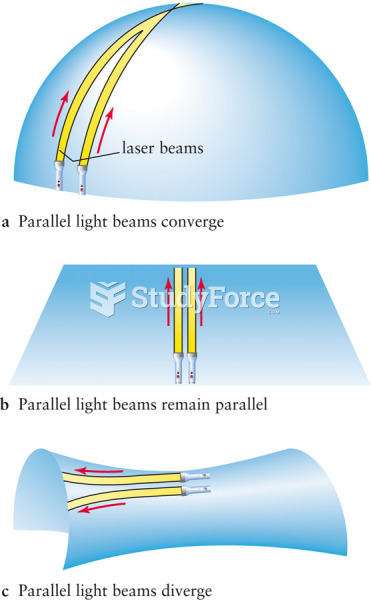This topic contains a solution. Click here to go to the answer
|
|
|
Did you know?
Vampire bats have a natural anticoagulant in their saliva that permits continuous bleeding after they painlessly open a wound with their incisors. This capillary blood does not cause any significant blood loss to their victims.
Did you know?
The FDA recognizes 118 routes of administration.
Did you know?
Inotropic therapy does not have a role in the treatment of most heart failure patients. These drugs can make patients feel and function better but usually do not lengthen the predicted length of their lives.
Did you know?
On average, the stomach produces 2 L of hydrochloric acid per day.
Did you know?
The horizontal fraction bar was introduced by the Arabs.







